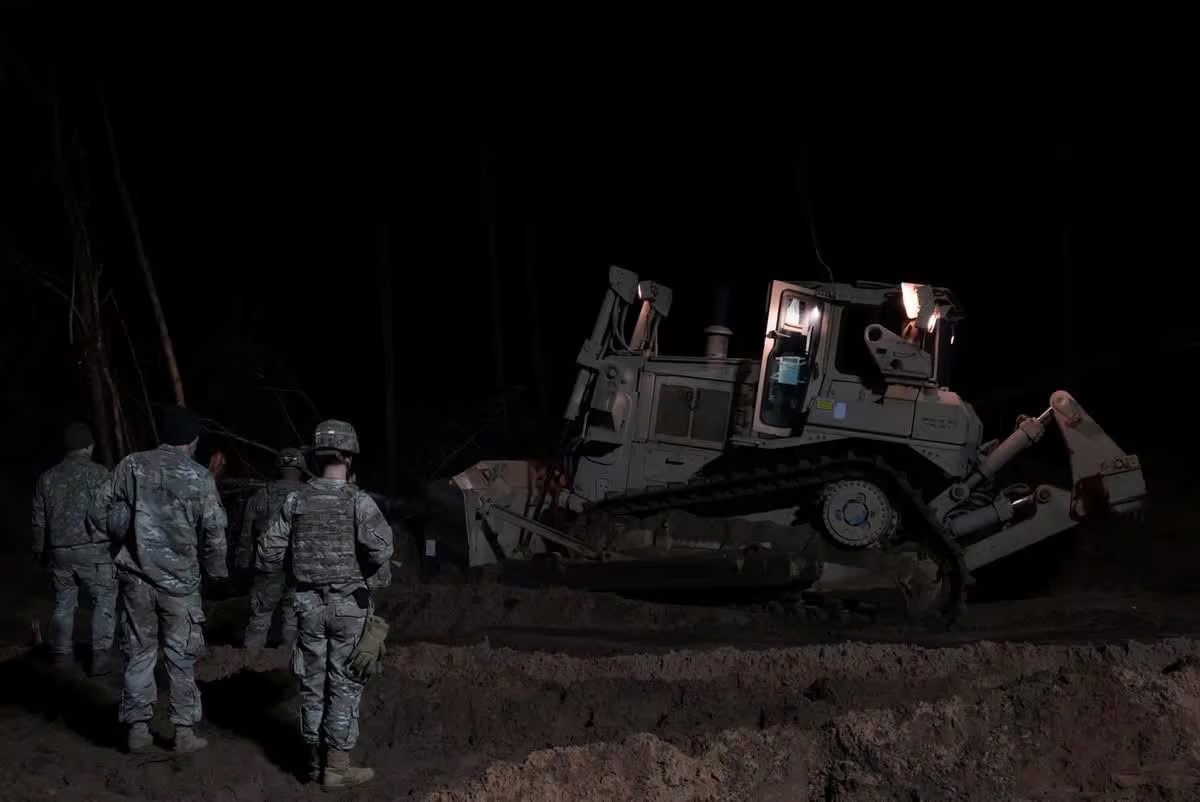

In a bold move that could have ramifications on the upcoming Presidential Election, Maine has disqualified Donald Trump from appearing on the state’s primary ballot next year.
Maine Secretary of State Shenna Bellows followed Colorado’s ruling earlier this month citing the 14th Amendment, specifically the “insurrectionist ban” given the former President’s role in the January 6 fascist riots in Washington DC back in 2021.
“I do not reach this conclusion lightly,” Bellows wrote. “Democracy is sacred … I am mindful that no Secretary of State has ever deprived a presidential candidate of ballot access based on Section Three of the Fourteenth Amendment. I am also mindful, however, that no presidential candidate has ever before engaged in insurrection.”
Despite the move by Maine, it’s expected that the U.S. Supreme Court will weigh in on the subject and eventually settle the matter for the rest of the country.
However, Maine’s ruling still adds fuel to the fire for Trump’s critics and opponents who maintain that Trump is unelectable.
In a statement Thursday, Steven Cheung, a Trump campaign spokesperson accused Bellows of being a “virulent leftist” who has now “decided to interfere in the presidential election.”
“Democrats in blue states are recklessly and un-Constitutionally suspending the civil rights of the American voters by attempting to summarily remove President Trump’s name from the ballot,” Cheung said.
When explaining the reasoning behind her decision, Bellows mentioned that compelling evidence was presented that the January 6 insurrection “occurred at the behest of” Trump – and that the US Constitution “does not tolerate an assault on the foundations of our government.”
“The record establishes that Mr. Trump, over the course of several months and culminating on January 6, 2021, used a false narrative of election fraud to inflame his supporters and direct them to the Capitol to prevent certification of the 2020 election and the peaceful transfer of power,” Bellows wrote. “I likewise conclude that Mr. Trump was aware of the likelihood for violence and at least initially supported its use given he both encouraged it with incendiary rhetoric and took no timely action to stop it.”
The precedent set by Colorado also served as a determining factor for Bellows who continued saying that “The exercise of state authority to keep unqualified candidates off the ballot is contingent on the state creating a process by which to do so.”








